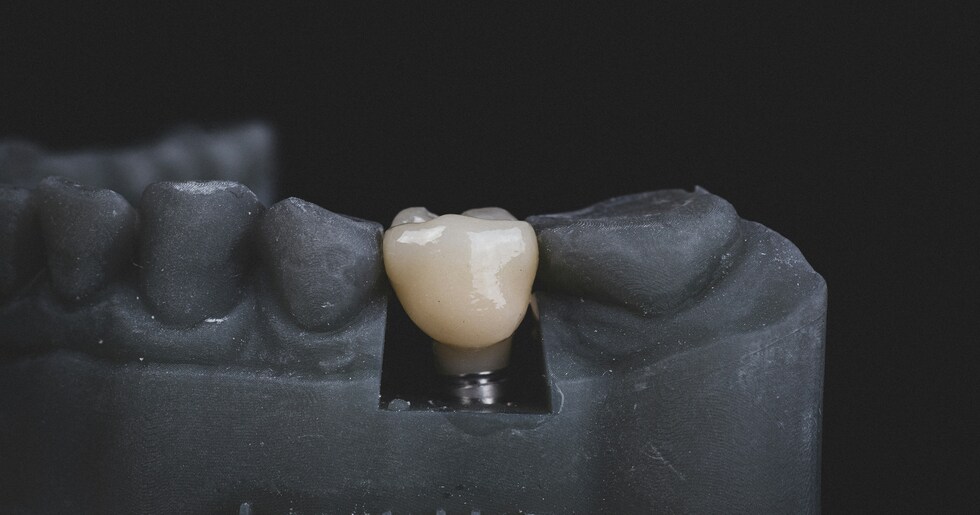Health Alert: Signs of Atopic Dermatitis You Should Not Ignore
Published on May 06, 2024By Laura M. (Contributor)
Contents


Atopic dermatitis is a chronic skin condition that results in inflammation, dryness and an itchy inflamed rash. Awareness of the symptoms and treatments for this condition is important to help you cope with a bedwetter at home so that your child, as well as yourself can have a good nights sleeps. This article will cover what atopic dermatitis is, the importance of early recognition and treatment, a few available options for its management...
Definition and Symptoms
The word eczema is generally used to identify atopic dermatitis(1), the most common type, but it also refers more broadly to a group of inflammatory skin conditions that produce dry and extremely itchy spots on your skin. It most commonly arises in childhood but can be able to grow into adult years or first appear with adults. The most common symptoms are as follows: Red or brownish-gray patches of skin (most commonly seen in fair-skinned individuals) and scales Thickened, scaling, crusting or peeling Discolored plaques Dry swollen itchy Skin that spontaneously oozes puss The affected areas on the body save for the size may be minor but can increase over time. Typically, they can be very itchy and are exacerbated by triggers such as allergens or changes in temperature (i.e. winter).
Importance of Early Detection
Early recognition of Early manifestations of atopic dermatitis is important to stop its evolution and the emergence all complications in form me skin infections. When treated early, you can better manage symptoms and reduce the severity of flare-ups. Individuals with signs of eczema need to see a dermatologist for an accurate diagnosis and customized treatment plan, because timely appropriate therapy can dramatically increase quality life as well has psychological & physical morbidity associated with this disease.
Available Treatments
Treatment for atopic dermatitis can involve skin care and medications. Keeping the skin barrier moisturized and free from dryness is very important. During flare-ups, it is often recommended to use topical corticosteroids to help with inflammation. For more moderate to severe or unresponsive cases, oral medications may be prescribed including topical immunomodulators, ultraviolet light therapy and systemic biologicals which target specific aspects of the immune system. It is essential to stick with the treatment plan that has been outlined by a healthcare professional and inform them of any troubles or sideeffects you may experience.
Tips for Daily Management
Topical treatment along going into lifestyle changes is extremely beneficial for patient with atopic dermatitis. It is important to avoid known triggers including but not limited to specific foods, chemicals of airborne allergens. To prevent or reduce flare-ups, keep your home humidified; use cotton and flannel fabrics rather than wool (an irritant to many people with this condition); don't expose yourself day in/day out to extreme changes of temperature. In addition, it is important to develop a skin care routine with non-irritating products made for sensitive skin on the daily basis in order to provide better moisture and barrier protection.
Encouraging Education and Community Support
Aside from medical treatment and lifestyle intervention, self-education about eczema through resources like community support groups can provide much needed help in handling this kind of situation. Networking within an online support group or local community can help create a larger sense of community where experiences, tips and coping strategies may be shared. This is equally mutual as it provides a chance for those suffering with eczema to relate their concerns and feelings regarding the disease an arena that could be used by various patients of what they experience from other family memberslutely vital in comprehending and facing having skin diseases. In addition, health organizations like the National Eczema Association host educational resources with current information regarding treatments and practical advice on living with atopic dermatitis.
Long-Term Impact and Ongoing Monitoring
Atopic dermatitis is a chronic condition, and treatment may need to be adjusted over time. Patients should keep up-to-date with the dermatologist and troubleshoot therapy by periodic visits to assess resolution. Ongoing monitoring helps us stay on top of any new flares or complications and amend the treatment to react against modifications in skin appearance, wound management, changes of medicine responses. A long term strategy and proper communication with the healthcare team play a major role in maintaining control of atopic dermatitis symptoms as well as improving everything about how desirable life is for someone living with this skin disease.
Conclusion
Lastly, atopic dermatitis is an intricate condition and by understanding the same people can keep their symptom in check so as to live a peaceful life. Timely diagnosis, proper medication and lifestyle modifications are the cornerstone of controlling this long-term illness. If you think that this might be a possibility, make sure to see a doctor immediately in order to confirm the diagnosis and get yourself on your way toward better health.





